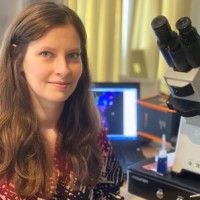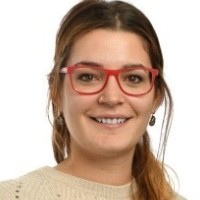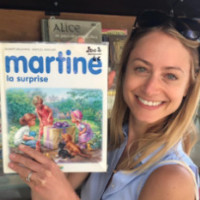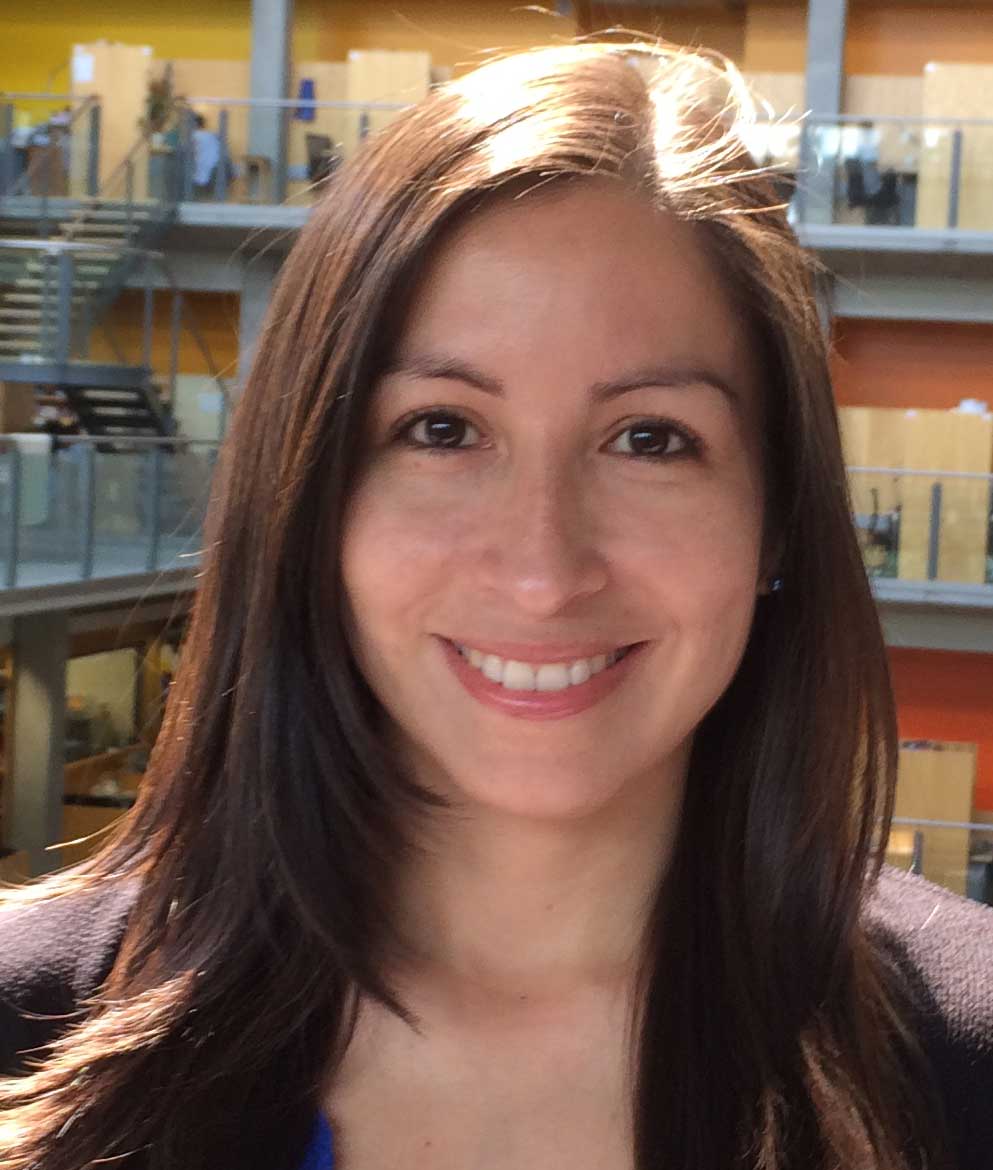PAW (Postdoc Appreciation Week) Committee
Appreciating the indispensable work and valuable contribution of the postdocs at Imperial goes way beyond the activities of the Postdoc Appreciation Week each September. The PAW Committee was established in February 2021 to formally recognise this fact and to ensure that the postdocs at Imperial benefit all year round from a programme of support from postdocs for postdocs.
The committee is currently comprised of three postdoc reps from the Faculty of Medicine:
 Dr Nina Moderau is a Cancer Biologist and Research Associate in the Department of Surgery and Cancer. She joinedImperial in 2017 to lead a project on breast cancer evolution and heterogeneity. Her research aim is to develop a 3D heterogeneity model of cancer progression to study cancer development. In addition, Nina is a member of National Postdoc Association as she is passionate about supporting and encouraging initiatives that will help fellow postdocs to progress in their careers and personal development.
Dr Nina Moderau is a Cancer Biologist and Research Associate in the Department of Surgery and Cancer. She joinedImperial in 2017 to lead a project on breast cancer evolution and heterogeneity. Her research aim is to develop a 3D heterogeneity model of cancer progression to study cancer development. In addition, Nina is a member of National Postdoc Association as she is passionate about supporting and encouraging initiatives that will help fellow postdocs to progress in their careers and personal development.
 Dr Maria Paraskevaidi joined Imperial in 2018 as a Research Associate in the Faculty of Medicine, Department of Metabolism, Digestion and Reproduction. Her research interests include the use of innovative analytical techniques for the screening and diagnosis of gynaecological diseases, including cervical, endometrial and ovarian malignancies.
Dr Maria Paraskevaidi joined Imperial in 2018 as a Research Associate in the Faculty of Medicine, Department of Metabolism, Digestion and Reproduction. Her research interests include the use of innovative analytical techniques for the screening and diagnosis of gynaecological diseases, including cervical, endometrial and ovarian malignancies.
 Dr Martine Nurek is a Cognitive Psychologist and Research Associate in the Department of Surgery & Cancer (Faculty of Medicine). She aims to understand and improve doctors’ decision-making. She investigates the cognitive biases that can lead to misdiagnosis and mismanagement of patients, and whether “decision aids” (AI-based decision support) can mitigate these.
Dr Martine Nurek is a Cognitive Psychologist and Research Associate in the Department of Surgery & Cancer (Faculty of Medicine). She aims to understand and improve doctors’ decision-making. She investigates the cognitive biases that can lead to misdiagnosis and mismanagement of patients, and whether “decision aids” (AI-based decision support) can mitigate these.
 Dr Erika Dorado joined Imperial in 2017 to work on her PhD focused on the lipidomic analysis of extracellular vesicles (EVs) and the identification of biomarkers for cancer diagnosis. She is currently a Research Associate at the Department of Metabolism, Digestion and Reproduction, leading the study of EVs and their key role in cancer research, using -omics technologies. She is a lead of the MSACL Early Career Network supporting researchers working on clinical mass spectrometry.
Dr Erika Dorado joined Imperial in 2017 to work on her PhD focused on the lipidomic analysis of extracellular vesicles (EVs) and the identification of biomarkers for cancer diagnosis. She is currently a Research Associate at the Department of Metabolism, Digestion and Reproduction, leading the study of EVs and their key role in cancer research, using -omics technologies. She is a lead of the MSACL Early Career Network supporting researchers working on clinical mass spectrometry.
If you are interested in joining the committee please email Elena Virlan
Upcoming events will be advertised on this webpage and via the PFDC mailing lists and newsletter.
Previous Events
Previous Events - 2021
Panel discussion: Transition to independence and leadership - March 2021
The PFDC and PAW Committee are thrilled to host a virtual panel discussion followed by a Q&A with panellists who have successfully made the transition to independence. Our panellists are keen to share their strategies for success, how they overcame failure, advice they would give to their past self (pre-independence), and how they secured support from their department, mentor or sponsor.
Webinar: Perfectionism and Imposter Syndrome - April 2021 - Tutor: Desiree Dickerson
We argue that our perfectionism drives us to great heights, to excel, and to maintain our edge. We rarely stop to see the costs it carries. Imposter syndrome distorts the way we see ourselves, our performance, and our capabilities. Both reflect our doubts and fears – fear of being judged, fear of failing, fear of not being good enough, fear of not belonging. They’re the product of distorted thinking patterns. Thinking patterns that we can change.
We explore:
- The true costs of these doubts and fears, and the extent to which they are impacting on your productivity, mental clarity, and your joy for what you do.
- Simple ways to notice when your perfectionism or imposter syndrome is tripping you up.
- Simple ways to reshape your inner critic to be more objective and more compassionate, so that you are able to thrive thanks to the voice in your head rather than in spite of it.
Webinar: Strategies for managing our mental health & well-being during COVID times - May 2021 - Tutor: Desiree Dickerson
The PFDC and PAW Committee are pleased to bring you this webinar hosted by Desiree Dickerson. The session will be a 60-minute presentation followed by a 30-minute Q&A.
We explore the many ways academics are trying navigate their roles and their wellbeing during the various phases of this pandemic. We highlight the need to:
- give yourself permission (to be where you are and feel what you feel)
- set a solid foundation & manage expectation (yours and others)
- learn how to de-escalate our thoughts, sensations, and emotions when we feel overwhelmed or stressed
- navigate uncertainty and worry
- make micro-changes to maintain a solid emotional and mental foundation.


